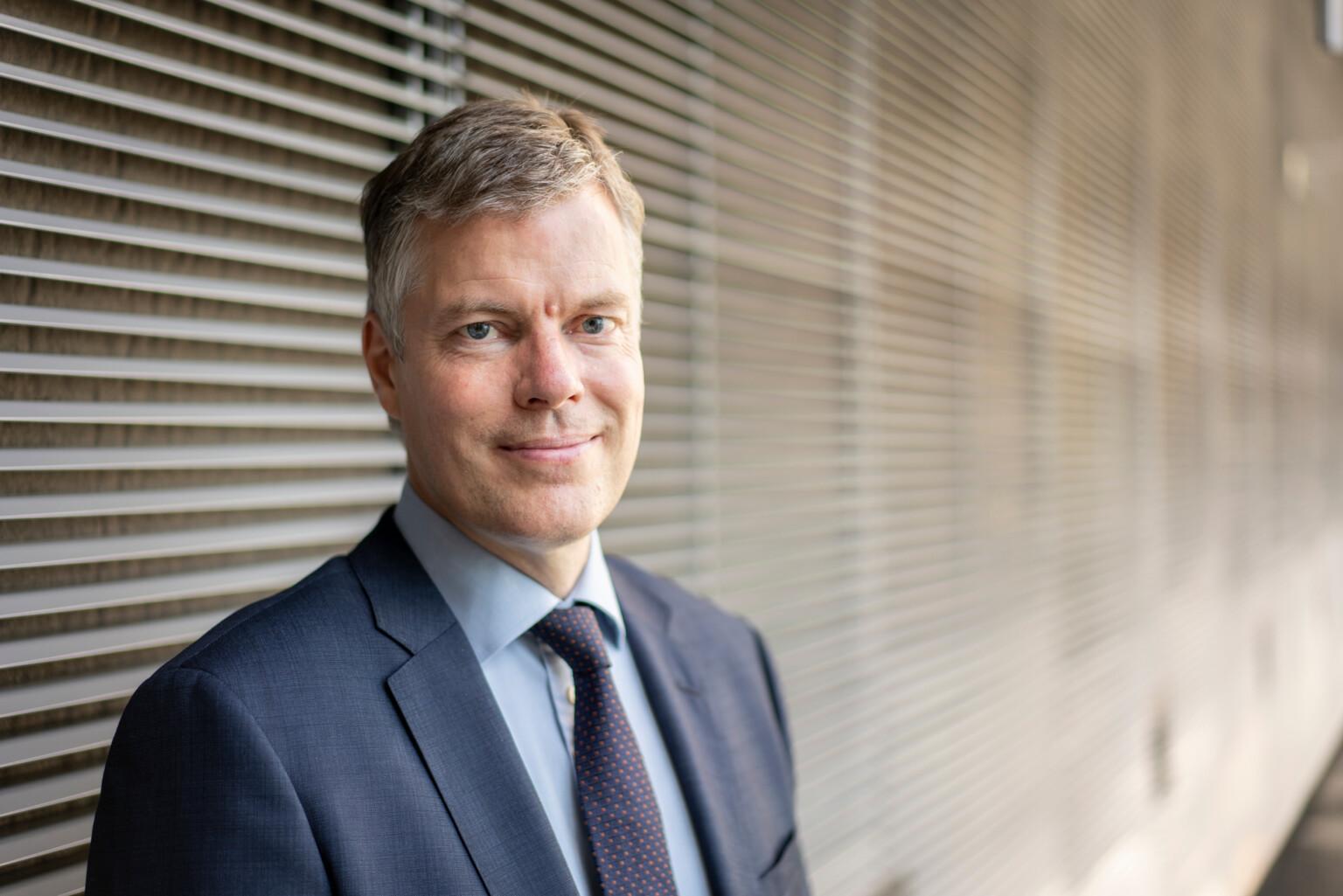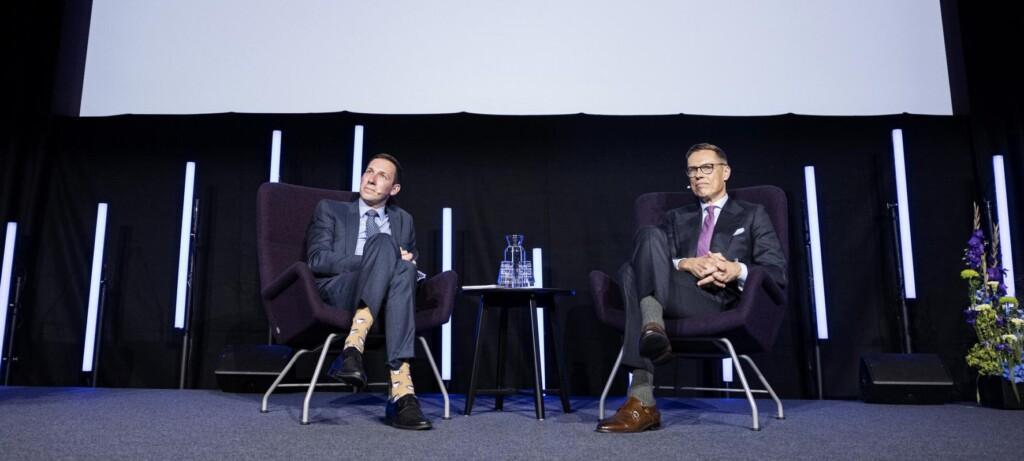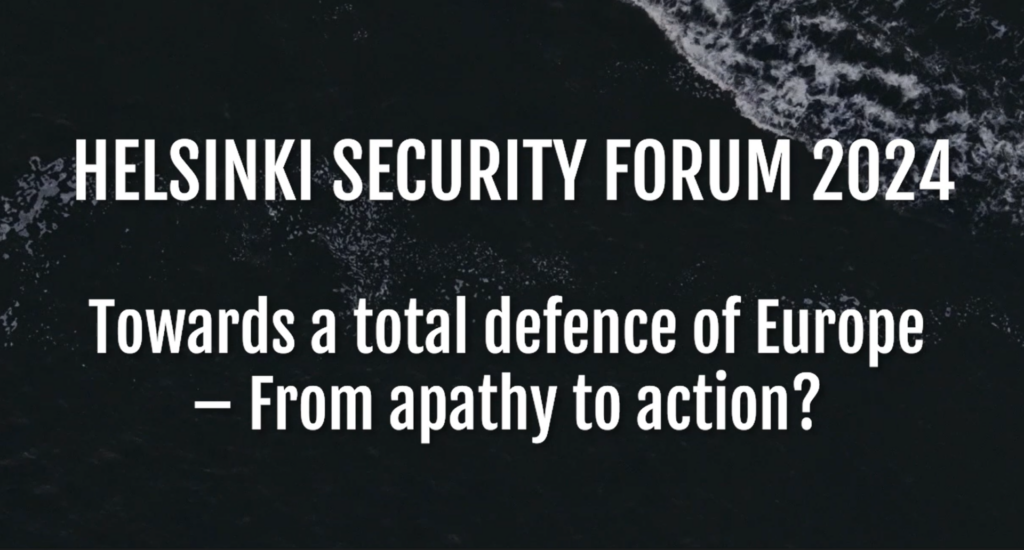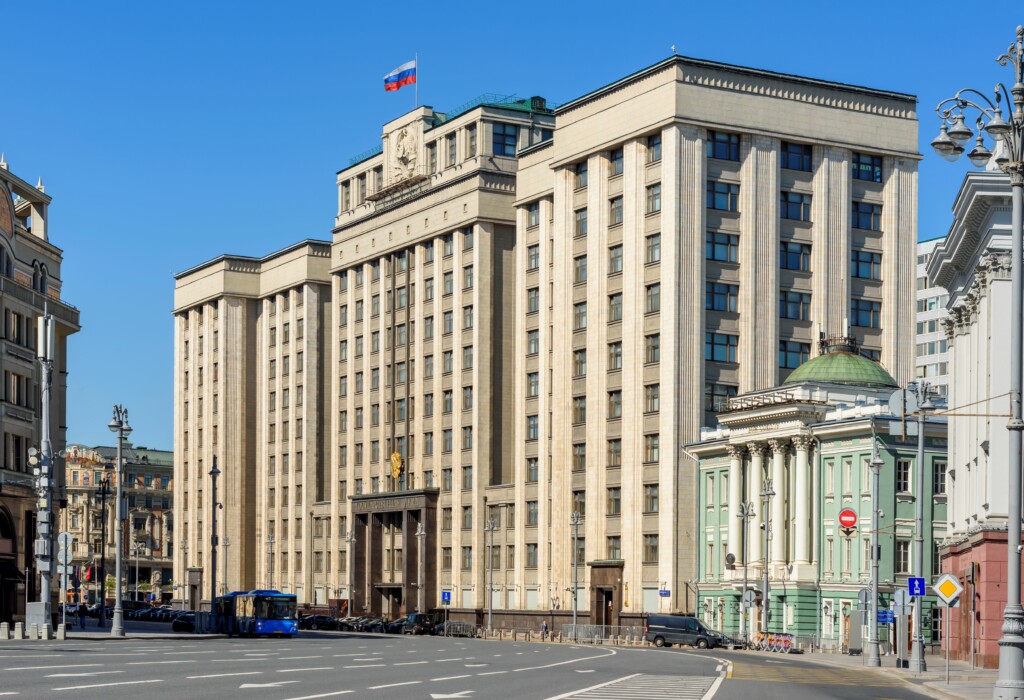Publications

HSF Interview with Markus Rauramo: Fortum strives to provide a resilient power system in the Nordics
What does resilience mean to Fortum?
For Fortum, resilience is the ability to operate and deliver our customer promise at every possible situation. It is at the very core of our strategy. In fact, reliable delivery of clean energy is one of Fortum’s three strategic priorities. We deliver reliable clean energy when needed, and at scale, to our customers and the Nordic energy system.
From our point of view, decarbonisation and resilience support each other very well. An ambitious deployment of renewables and low-carbon electricity can advance the competitive decarbonisation of Europe’s industry base and contribute to the resilience of our supply chains. European energy companies such as Fortum are well placed in further advancing energy security by moving away from fossil fuels and focusing on domestic production.
How to ensure the security of electricity supply in the future?
We believe that a balanced combination of all clean energy sources delivers the best results for the electricity system and customers. An optimal and resilient power system has a balanced mix of variable, firm and flexible capacity. Large scale electrification of our societies contributes towards decarbonisation, security of supply and resilience of our region, while enabling our economies to grow.
The energy industry needs certainty that it always has a sufficient supply of stable energy at a predictable price 24/7, so that it can commit to large-scale clean transition investments. While energy producers are ready to meet increases in electricity demand by building new capacity, they cannot make significant investments without a clear indication of a growing demand. Additionally, regulation policies should maintain technology neutrality to ensure the most efficient development.
Is the current electricity market model optimal for ensuring energy security?
At the EU level, there has recently been a reform in the electricity market design that will next be taken into national implementation. The new EU framework provides a reasonable toolbox for member states to de-risk new investments. De-risking is crucial, as a volatile and unpredictable operating environment discourages the construction of both new stable and flexible electricity production, such as new nuclear power or electricity storage solutions.
The energy sector, industry and decision-makers should come together to plan how to ensure the realization of investments needed for electrification, competitiveness and improved societal resilience.
How does Fortum see the Finnish comprehensive security model?
This is clearly one of the strengths of our nation and something that we take pride in. Fortum works closely with all relevant public and private stakeholders to ensure the resilience of our energy production in all circumstances. Real-time information sharing and well-established cooperation between authorities, governmental agencies, businesses and the third sector are key success factors of the Finnish system.
How is Fortum prepared for different geopolitical scenarios?
Fortum ensures sufficient resources to guarantee our preparedness to operate in all kinds of circumstances. With a risk-based approach, we have implemented crisis management procedures, continuity plans, and both physical and cyber protective measures. We practice regularly and execute development programs to enhance our security and preparedness. However, our best asset, by far, is our people: security is closely tied to the security culture of the company. The seemingly small and simple everyday actions matter. “Stay awake, stay alert, take action and report” is a valuable guideline for everyone.
Markus Rauramo is the President and CEO of Fortum.
Fortum is an official partner of Helsinki Security Forum 2024.

HSF 2025 asks ‘The Hour of Europe’: Can the old continent chart a new course for its future?
Helsinki Security Forum 2025 brings experts and decision-makers together to ponder the hard questions and explore Europe’s path forward.

Helsinki Security Forum 2024 addresses the need for European total defence
The third annual Helsinki Security Forum (HSF) will be held on 27–29 September 2024. This year’s conference is titled Towards...

for HSF Blog
Rejecting Russian Spheres of Influence
The EU has rejected the language of spheres of influence in favour of an international order based on common rules...